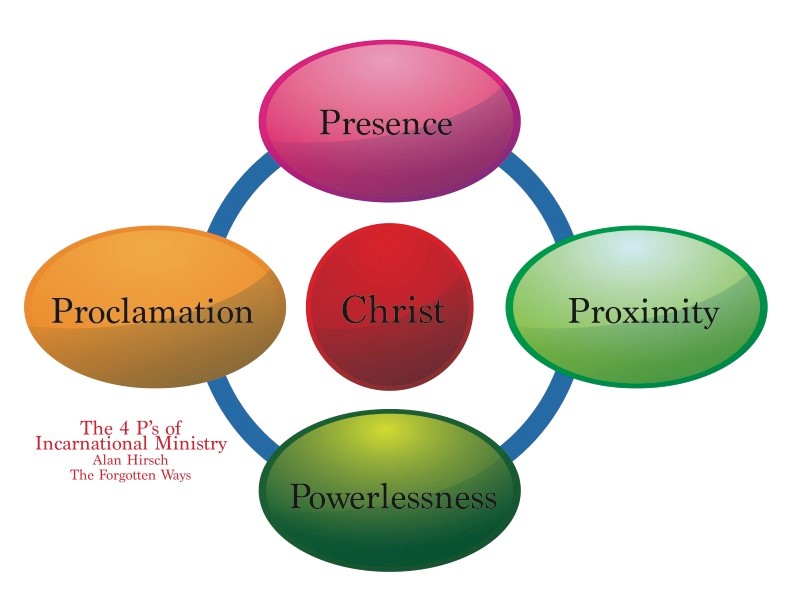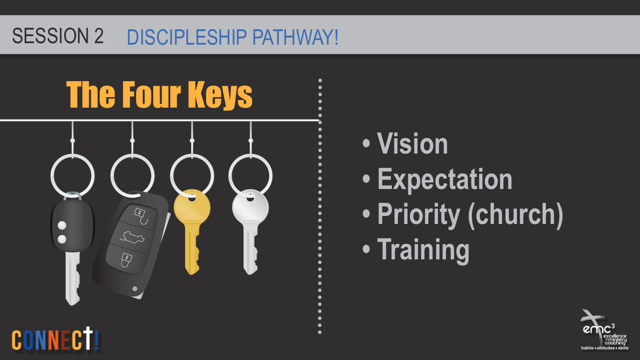November 4, 2014
By Eddie Pipkin
You’d have to be a hermit in the deepest cave in the most remote mountain range not to have heard a kid belting out the Disney movie Frozen’s signature song: “Let It Go.” The characters and the song are cute enough, but the enormous popularity of the tune (just start playing it at any gathering with any sampling of kids under 10, and they all start singing along at full blast) makes one mindful of how often this phrase pops up in movies, TV, and common conversation. You’re fixated on a bad experience at a restaurant, and your partner says, “Just let it go.” You’re worried about how you’re going to do on an assignment, and a co-worker counsels you to “Let it go.” It seems like healthy advice.
There’s one kind of community, however, that struggles mightily with just letting it go.
The church.
Congregations notoriously hold on to ministries and programs that have outlived their usefulness and effectiveness. Even ministries that once served God’s kingdom with passion and excellence can lose their relevance. And once they do, they become a drain on the current work that God is calling us to do. They suck up resources, lock people in frustrating and unfulfilling roles, and block out creative and entrepreneurial approaches to ministry.
It’s only human nature to grow attached to what we know, what is comfortable and familiar. Just this summer, my wife and I moved from the home we had lived in for nearly 20 years. There were lots of emotions involved, but one of the most difficult parts was The Great Purge as we downsized to fewer bedrooms and closets. As I was unloading boxes in my son’s new room (really just a guest room with some of his stuff in it for the few visits he makes home from the University of Florida), I came across a three-ring binder I had saved full of academic work from his senior year of high school: essays on Catcher in the Rye, reports from biology lab, graded history tests – pages that nostalgically took me back to those bygone days.
But when he came through and saw it there, his question was “Why are you keeping that stuff? Wait a minute, I could use that binder. Mind if I dump all these papers in the trash?” Here are five reasons we cling to ministries that have lost their effectiveness:
- We feel guilty
- We’re too lazy to think up new things
- We don’t want to hurt people’s feelings
- But this is how we’ve always done it
- We’re more comfortable in the mediocrity we know than the uncertainty of the potentially more successful direction we don’t
Healthy organizations, including churches and ministries, are disciplined about a regular purge. If we are to grow, thrive, and stay relevant, it is important to regularly prune the dead and struggling branches. Two of the ways we do this are by being crystal clear about our goals for every ministry and by having metrics for designing the success of a ministry (which are not limited to a head count – there are many ways to define success: we just need to be clear going in what the metrics are and accountable to what they tell us.



Phil,
May I suggest a sixth reason? IT WORKED FOR US. IF IT WAS GOOD ENOUGH THEN, IT’S GOOD ENOUGH NOW.
This reason reflects a church centered on its own and out of touch with the movement of the culture around them.
Don